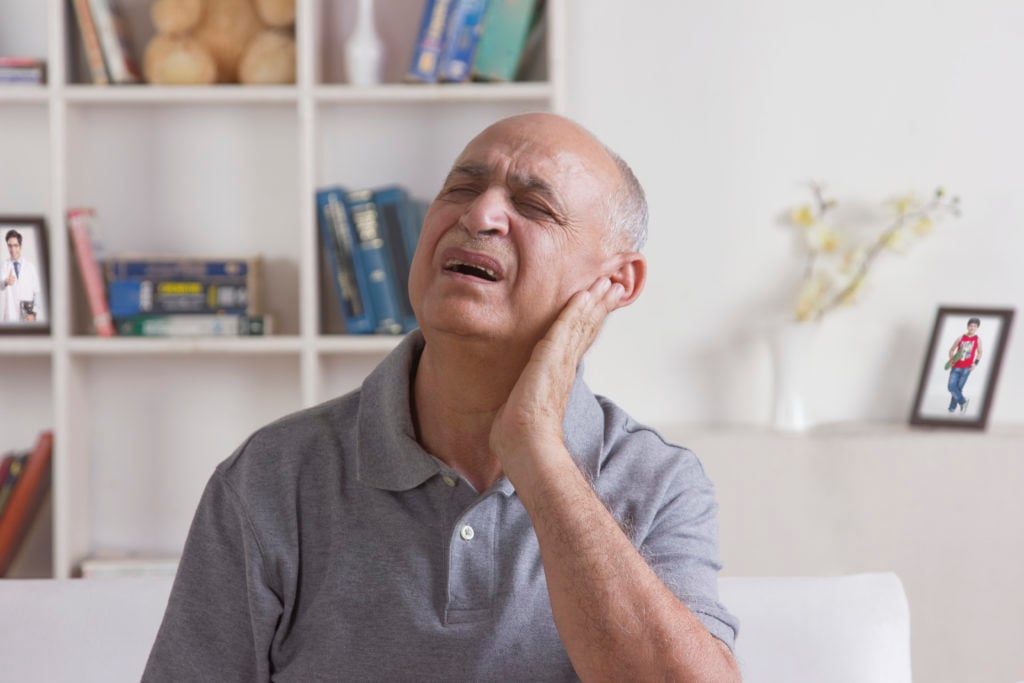Experiencing pain in one or both ears? Think it could be an infection? Not sure what to do? Let us help.
Here’s some information about Ear Infections and what our qualified GPs can offer to you!
What is an Ear Infection?
- Pain inside the ear
- A high temperature of 38’C or above
- Being sick
- A lack of energy
- Difficulty hearing
- Discharge running out of the ear
- Feeling of pressure or fullness inside the ear
- Itching and irritation in and around the ear
- Scaly skin in and around the ear
In children additional symptoms include: rubbing or pulling their ear, not reacting to some sounds, restless behaviour, loss of appetite and sometimes a loss of balance.
| KEY TIP: Although it can be difficult, it helps if you stay optimistic and recognise that your pain should get better, as people who manage to stay positive despite their pain tend to recover quicker. |
Causes and Treatment
Inner Ear infection (otits media):
- This usually affects children, caused by viruses like cold and flu.
- Antibiotics might be prescribed if: an ear infection doesn’t start to get better after 3 days, you or your child has any fluid release from the ear, you or your child has an illness that means there’s a risk of complications, such as cystic fibrosis.
Outer Ear infection (otitis externa):
- This usually affects elderly people, caused by something irritating the ear canal, such as eczema, water or wearing ear plugs.
- Your GP might prescribe one of many treatment options: antibiotic ear drops are used to treat a bacterial infection. Steroid ear drops are used to bring down swelling. Anti-fungal ear drops are used to treat a fungal infection. Antibiotic tablets – if your bacterial infection is severe.
Things you can do!
Do:
- Use painkillers such as paracetamol or ibuprofen (children under 16 shouldn’t take aspirin)
- Place a warm or cold flannel on the ear
- Remove discharge by wiping the ear with cotton wool
Don’t:
- Put anything inside your ear to remove earwax, such as cotton buds or your finger
- Let water or shampoo get in your ear
- Use decongestants or antihistamines – there’s no evidence they help with ear infections
When should you see a GP?
- A very high temperature or feel hot and shivery
- Earache that doesn’t start to get better after 3 days
- Swelling or fluid release around the ear
- Hearing loss or a change in hearing
- Other symptoms such as vomiting, sore throat or dizziness
- Regular ear infections
You should also always consider seeing a GP is you have long-term condition – such as diabetes, or a heart, lung, kidney or neurological disease. Also if you are currently on chemotherapy then you should see a GP.
|
A doctor at your doorstep. Download our app and request a doctor. You don’t have to leave the comfort of your home, office, gym or where ever you may be, our highly experienced GP’s will come straight to you. Currently between zones 1 to 4.
|
References:


